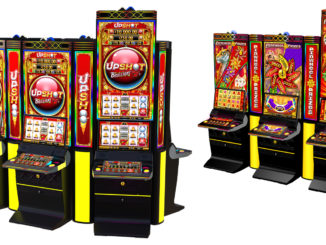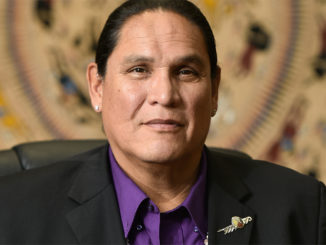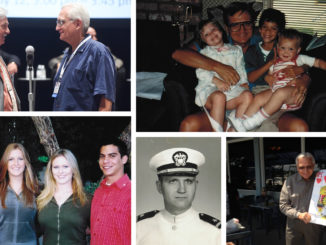I have the privilege of serving many Tribal casinos and when asked to help them improve their hospitality service, I find myself trying to solve two different problems as one. Let me explain …
Defining Service and Hospitality
The definition of ‘service’ from Webster’s is “to provide something to someone.” This is skills-based and is something given to our guests. Our industry creates standard operating procedures to ensure that we deliver service in a very specific and defined way. Experts in providing service earn awards of excellence for executing “service” in an exemplary manner.
The definition of “hospitality” from Webster’s is “the generous and friendly treatment of visitors and guests.” This is the spirit of service and often is done on behalf of our guests or more simply – for or with our guests. It is selfless and it is impactful.
“Making Things Right vs Making People Right”
Hospitality expert and restaurateur Anna Dolce, of Dolce Italian Restaurant in Iowa, describes the differences as “making things right vs. making people right.” She speaks in keynote addresses about hospitality being the “positive emotional response elicited in our guests as service is delivered.” She nails it by sharing the story of a server who made her feel like she was in her own living room. Every guest felt welcomed and became connected with the other guests in the restaurant through stories and relating to one another. It made her feel at home; a feeling that she shares far more times than if the food was delivered within 12 minutes or served from the left. That is significant, very difficult to train and not checked off through SOPs.
To that point, training or retraining for hospitality is very different than training for service. Service training is important and crucial for successful operations. These service standards must be demonstrated, reviewed and constantly improved upon if we want our servers or any of our casino team members to be professionals. We must inspect what we expect, and our managers and directors need to ensure that SOPs are followed and updated as necessary.
Hiring for a Positive Attitude
Great hospitality needs to begin with the hiring process, if possible, and be emulated by the current team. We’ve all heard the idiom, “Hire for attitude; train for skill.” It is very true. Service skills can be learned, but hospitality comes from within. The best hospitality gurus and professionals have a positive attitude and inner smile that emanates from them. They have the innate desire to make everyone feel welcome.
Texas restaurateur Bobby Stuckey calls those people, “Hospitalians.” Team members who create memorable experiences and perpetuate the culture of hospitality earn that designation. It is praised by management and, more importantly, they empower Hospitalians to do whatever is necessary to make a difference for each guest.
Station Casinos of Las Vegas expects each candidate being interviewed to “smile at least 50 percent of the time.” The expectation is based upon the daily requirement to smile at their guests. If they don’t naturally smile in the interview, how easy is it to expect them to smile daily on the job?
Tulalip Resort Casino in Washington trades education for hospitality experience when hiring, as they know that once a candidate is hired on as a team member, the shadowing and training will ensure that they know their job. Starting with a base of experience in hospitality gives that candidate an asset that leverages their performance on day one. Tulalip is known for their incredible welcoming spirit in hospitality.
Solving for Both
So improving a property’s hospitality service is two different tasks. Certainly, reviewing standard operating procedures, steps of service, training manual and checklists is essential; spending the time to update them and make sure that they are clearly explained to the team. This addresses the service expectations.
Hospitality is improved by changing the culture.
- Care more about the guest experience than the deliverables. Tailor your service to what the guest wants and anticipate their needs.
- Be more selfless than selfish. Spend extra time when necessary with the guest instead of efficiently checking off tasks.
- Listen more and longer. Your guest is telling you what they need. See if you can be attentive enough to hear what they want from you.
- Smile “a lot.” Smiles defuse most of what ails people. The smile begins with your mouth, but it is also in your voice, in your body language and in your eyes – especially when you are wearing a mask.
- Make connections. Routine questions and scripts are not hospitable. Instead of “My name is Rick, and I will be your server today; do you have any questions about the menu; are you still working on that; is there anything else I can get you; thanks for coming in,” try to be more personal and inquisitive by asking where they are from, note something specific in either their answer or from observing them and carry that through the conversation each time you address the table.
No one will necessarily remember if the service was smooth and flawless … they will remember that you recognized them personally and made them feel welcome and appreciated. Always finish up with a sincere thank you for dining with us and welcome them back. These are the foundations of improved hospitality.





